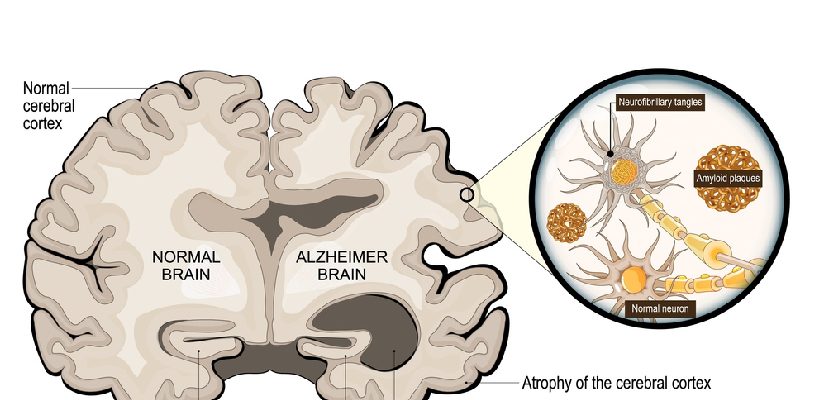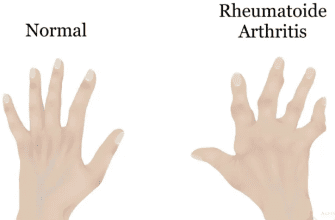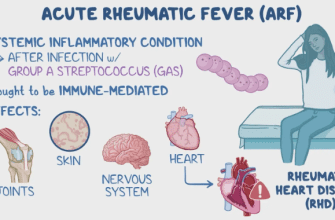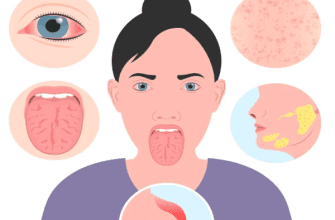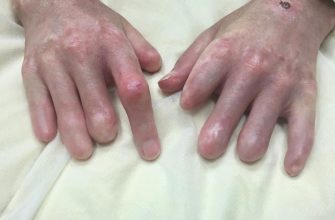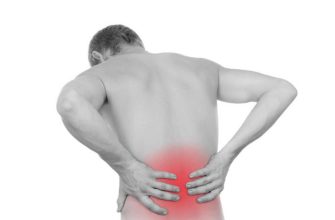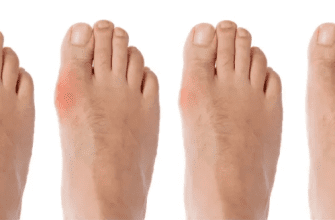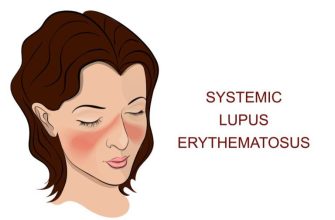What Is Alzheimer’s Disease?
Alzheimer’s is a progressive neurodegenerative disorder and the most common cause of dementia (60-80% of cases). It involves brain cell damage due to amyloid plaques and tau tangles, leading to memory loss, cognitive decline, and behavioral changes.
Key Facts (Alzheimer’s Association):
✔ Affects 6.7 million Americans (1 in 9 seniors over 65).
✔ No cure, but early treatment can slow progression.
✔ 6th leading cause of death in the U.S.
Types of Alzheimer’s (National Institute on Aging – NIA)
- Late-Onset Alzheimer’s (Most Common)
- Symptoms appear after age 65.
- Linked to APOE-e4 gene (increases risk).
- Early-Onset Alzheimer’s (Rare, 5-10% of cases)
- Diagnosed before age 65, often genetic (PSEN1, PSEN2 mutations).
- Familial Alzheimer’s (Very Rare, <1%)
- Inherited dominant gene causing symptoms as early as 30s-50s.
Symptoms (Mayo Clinic)
Early Stage:
✔ Memory loss (forgetting recent conversations, names).
✔ Difficulty planning/problem-solving (managing bills, recipes).
✔ Misplacing items in odd places (keys in the fridge).
Moderate Stage:
✔ Confusion about time/place (getting lost in familiar areas).
✔ Mood/personality changes (irritability, suspicion).
✔ Language struggles (forgetting words, repeating questions).
Late Stage:
✔ Inability to recognize family.
✔ Loss of motor control (trouble swallowing, walking).
Not Normal Aging – Symptoms worsen over time and disrupt daily life.
Diagnosis (Alzheimer’s Association)
- Cognitive Tests (MMSE, MoCA).
- Brain Imaging (MRI, PET scans detect amyloid plaques).
- Blood Tests (new tests like p-tau217 help detect early signs).
- Neurological Exam (rules out stroke, tumors).
No single test – diagnosis combines medical history, exams, and scans.
Treatment (FDA & NIA)
- Medications
- Cholinesterase Inhibitors (donepezil, rivastigmine) – Boost memory.
- Memantine – Slows symptom progression.
- Aducanumab/Lecanemab (new anti-amyloid drugs for early stages).
- Non-Drug Therapies
- Cognitive training (puzzles, memory exercises).
- Physical activity (improves blood flow to the brain).
- Behavioral therapy (manages agitation, depression).
- Clinical Trials
- Testing anti-tau drugs, gene therapies, and lifestyle interventions.
Prevention (CDC & NIA)
Exercise regularly (30+ mins/day, 5x/week).
Eat a Mediterranean/MIND diet (leafy greens, berries, nuts).
Control blood pressure & diabetes.
Stay socially & mentally active (learning new skills).
Prioritize sleep (poor sleep links to amyloid buildup).
No guaranteed prevention, but lifestyle cuts risk by 40%.
Warning Signs: When to See a Doctor (Alzheimer’s Association)
Early Red Flags:
- Repeating questions frequently.
- Struggling with familiar tasks (recipe, driving route).
- Personality shifts (unusual irritability, withdrawal).
- Poor judgment (falling for scams, neglecting hygiene).
See a Neurologist If:
- Symptoms worsen over months.
- Family history of Alzheimer’s.
- Memory lapses disrupt daily life.
